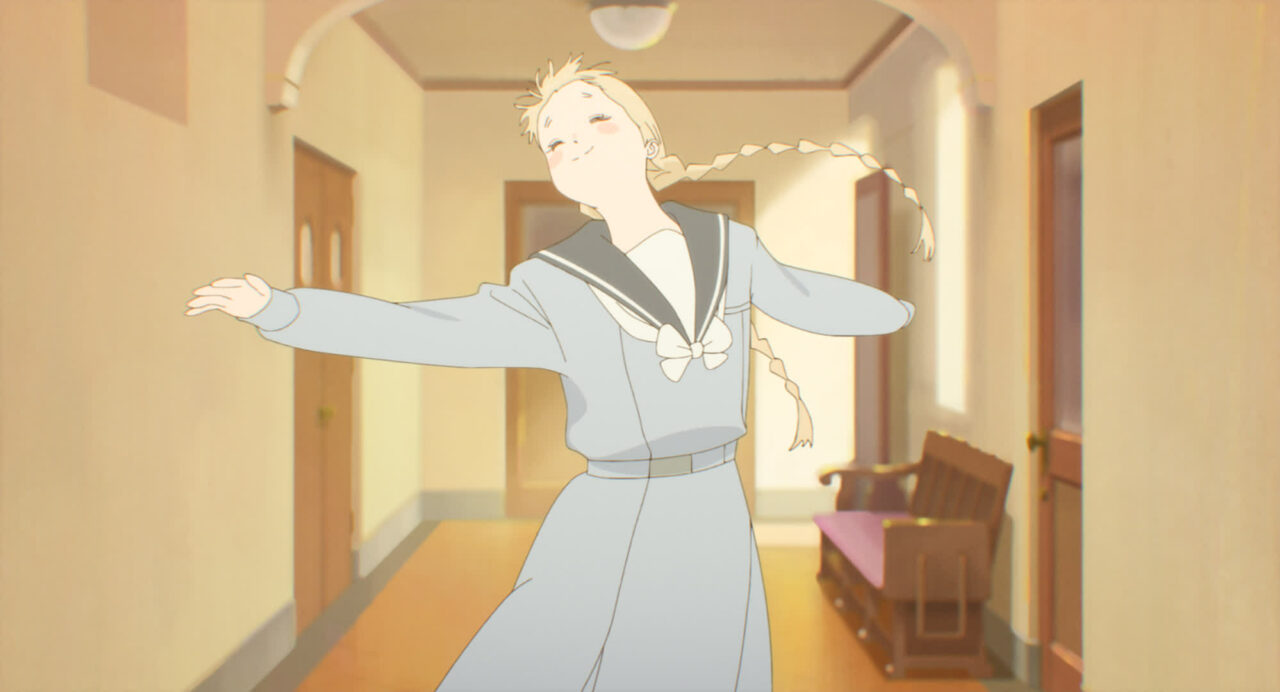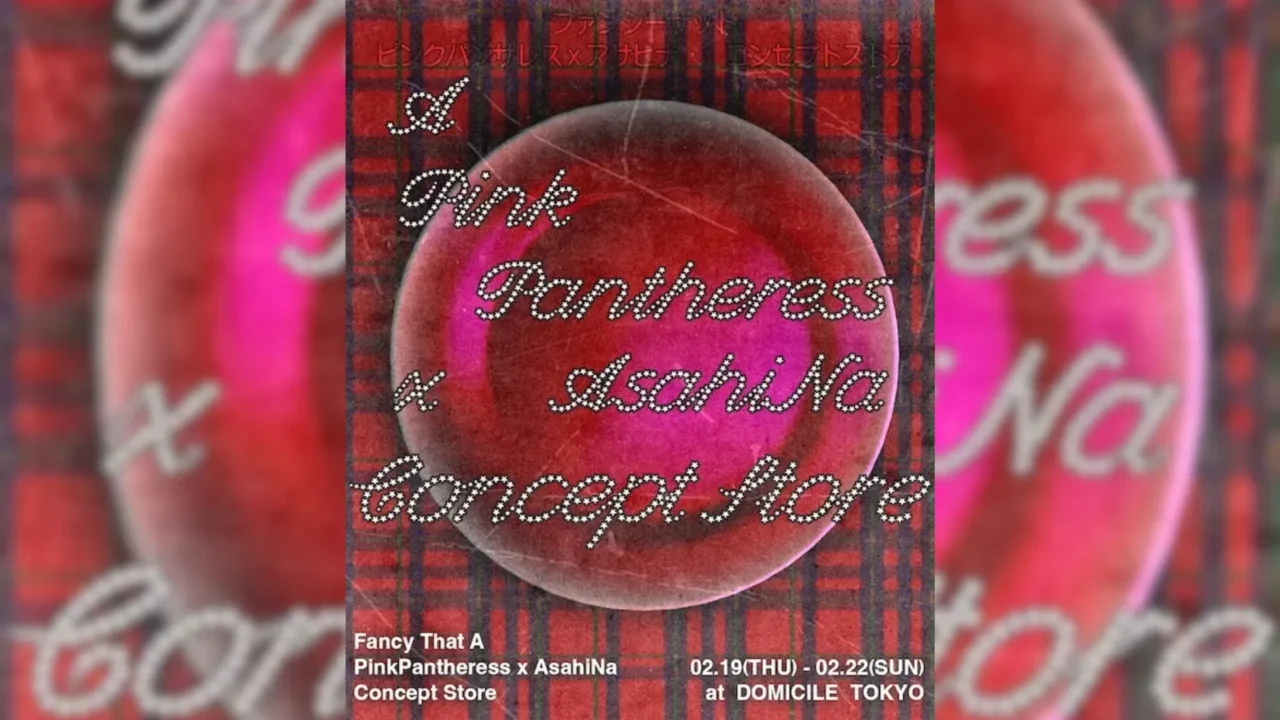INDEX
The Courage to Acknowledge Your True Interests
To better capture the idea of “it’s okay as it is,” here is a direct quote from the project proposal by director Naoko Yamada.
The acute sensitivity of adolescence has always been a constant, but what seems to be changing is how we perceive “social norms.”
(From the proposal for this film by director Naoko Yamada, which can be found on the official website )
In the past, the focus was on whether one could “read the atmosphere” or not. Today, this concept has become more nuanced and layered, with young people showing an impressive depth of thought on these issues.
There are now extensive guidelines for maintaining a clean boundary between oneself and others (society). People are managing the balance between surface-level “politeness” and their inner “self” with incredible attention to detail.
What happens when that balance is disrupted? It’s like water overflowing from a cup. I hope that their overflowing emotions can be channeled into something positive. My aim is to capture the strength of being able to confidently say “I like what I like.”
Indeed, young people, especially adolescents, are highly attentive to their communication. While controlled social norms and being mindful of others are important, director Naoko Yamada infuses this film with a sense of kindness, emphasizing the importance of acknowledging and embracing the overflowing emotions of “liking what you like” as a source of strength.
The theme of “hidden feelings overflowing” is also explored in films like “Liz and the Blue Bird” and “Tamako Love Story,” which were written by Naoko Yamada and Reiko Yoshida. Furthermore, just as the anime “K-On!” portrayed, the rich animation in ‘The Colors Within’ vividly expresses these emotions through its musical scenes. In this regard, ‘The Colors Within’ can be seen as a culmination of the creative work of these two collaborators.
























